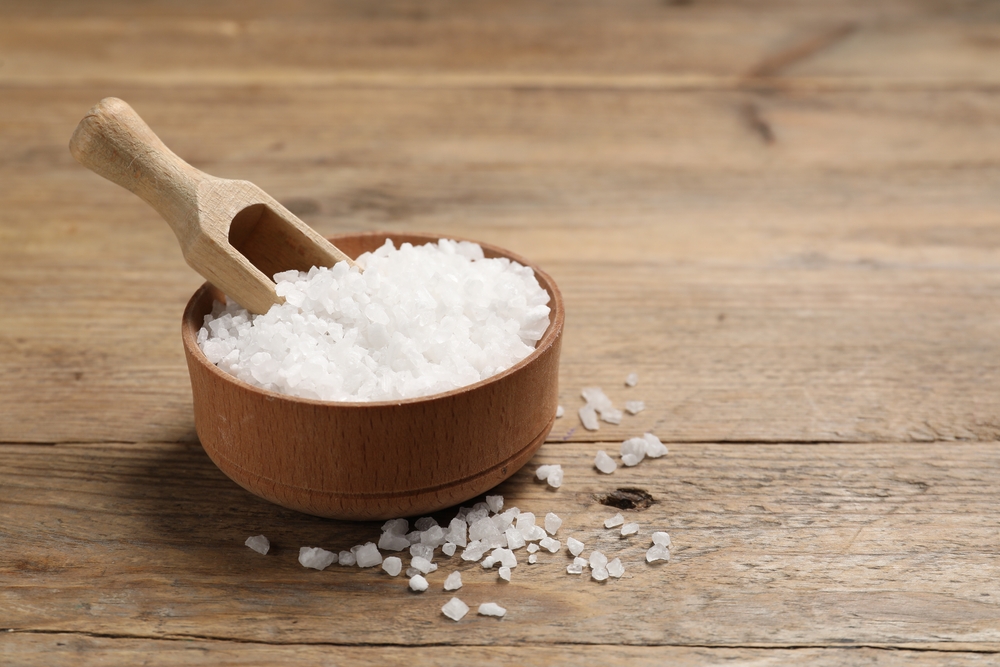Enhance Your Quality of Life.
Others are reading now
These simple daily habits can significantly improve your health.
Keeping your heart healthy is essential, and it starts with committing to a healthy lifestyle.
Heart disease is one of the leading health risks for many people, which is why taking care of your heart is more important than ever.
Read on to discover how you can strengthen your heart.
Also read
Start Your Day with a Healthy Breakfast

A nutritious breakfast jumpstarts your metabolism and provides energy for the entire day.
Whole grains, low-fat dairy, and fresh fruits are excellent choices.
Breakfast also helps regulate your weight and prevents overeating later in the day.
Increase Your Fiber Intake

Fiber-rich foods are vital for a healthy diet.
They help lower bad cholesterol, regulate blood sugar, and reduce the risk of heart disease.
Foods like oatmeal, beans, apples, and pears are fantastic options.
Additionally, fiber supports better digestion and aids in weight loss by promoting a longer-lasting feeling of fullness.
Quit Smoking

Smoking is one of the most damaging habits for your heart.
It increases the risk of blood clots, high blood pressure, and heart failure.
Quitting smoking can dramatically improve your health and lower your risk of heart disease.
While it can be challenging, many resources and support programs are available to help you quit.
Maintain Good Oral Hygiene

Good oral hygiene is more important than you might think.
Bacteria from gum disease can enter your bloodstream and potentially contribute to inflammation in blood vessels.
Regular brushing and flossing are simple yet effective ways to protect both your oral and heart health.
Lose Weight

Excess weight, particularly around the abdomen, increases the risk of high blood pressure and bad cholesterol.
Losing weight through a healthy diet and regular exercise can significantly reduce this risk.
Focus on long-term lifestyle changes rather than quick fixes to make a lasting impact on your health.
Stay Active

Physical activity is key to a healthy heart.
Even small changes, like a daily walk or choosing stairs over elevators, can make a big difference.
Regular exercise improves circulation, strengthens the heart, and reduces the risk of heart disease.
Get a Pet

Pets can have a positive impact on heart health.
They reduce stress, lower blood pressure, and boost overall happiness.
Dogs, in particular, encourage regular walks, providing both exercise and fresh air.
Know Your Numbers

Being aware of your health metrics, such as blood pressure, blood sugar, and cholesterol levels, is critical in preventing heart disease.
An annual check-up with your doctor can help monitor these values and ensure you take the necessary steps to maintain good health.
Eat Dark Chocolate

Dark chocolate with a high cocoa content is rich in antioxidants, which can protect the heart.
It reduces inflammation and helps improve blood vessel health.
However, enjoy it in moderation, as it also contains calories.
Add More Fish to Your Diet

Fish, particularly fatty fish like salmon, mackerel, and sardines, is an excellent source of omega-3 fatty acids that benefit the heart.
They reduce the risk of blood clots and inflammation while helping to lower bad cholesterol.
Aim to include fish in your meals at least twice a week.
Try Yoga

Yoga is not only great for flexibility but also for heart health.
Combining physical postures with deep breathing helps reduce stress, lower blood pressure, and improve your ability to handle both physical and mental challenges.
Cut Back on Salt

Too much salt in your diet can lead to high blood pressure, putting extra strain on your heart.
Reduce salt intake by avoiding processed foods and seasoning with herbs or lemon instead for added flavor.
By incorporating these steps into your daily routine, you can take charge of your health and protect your heart for years to come.

